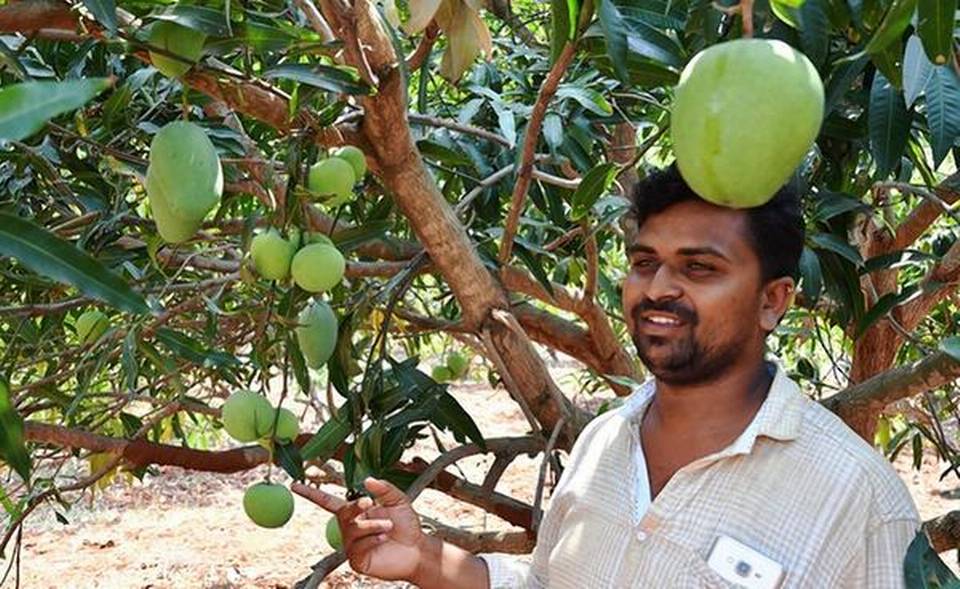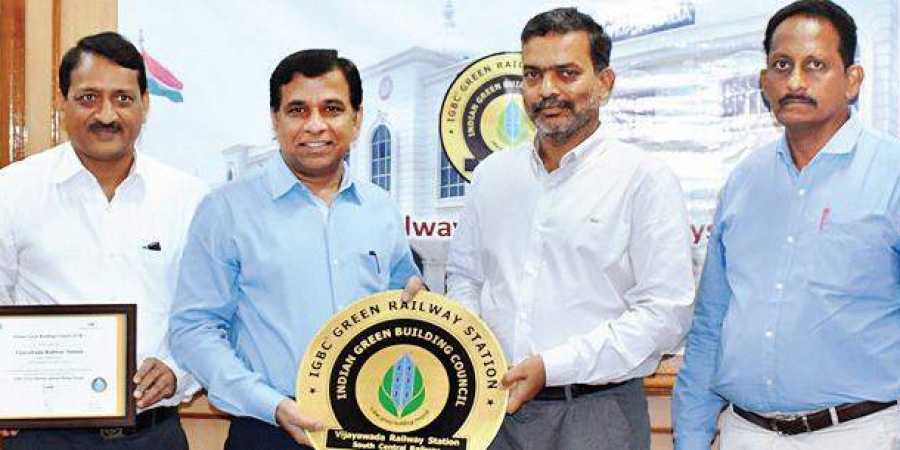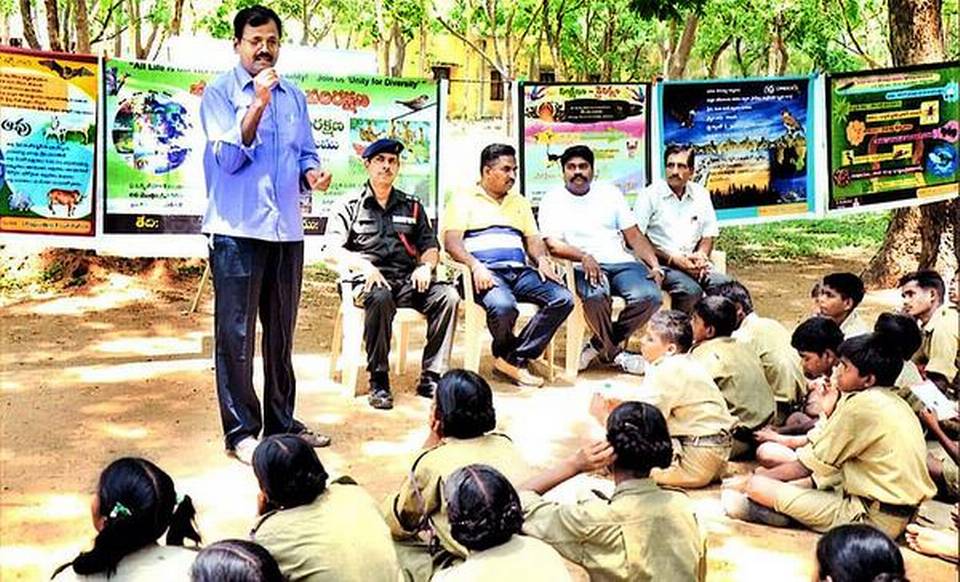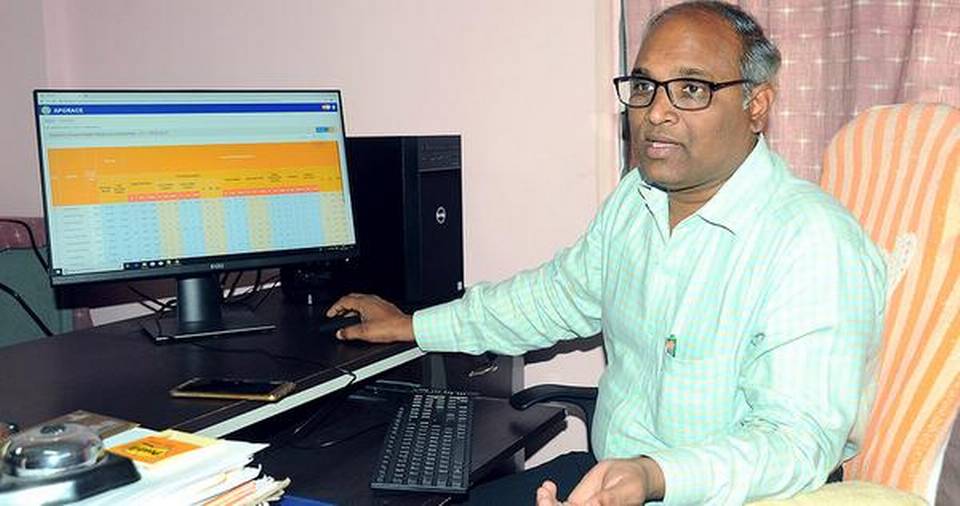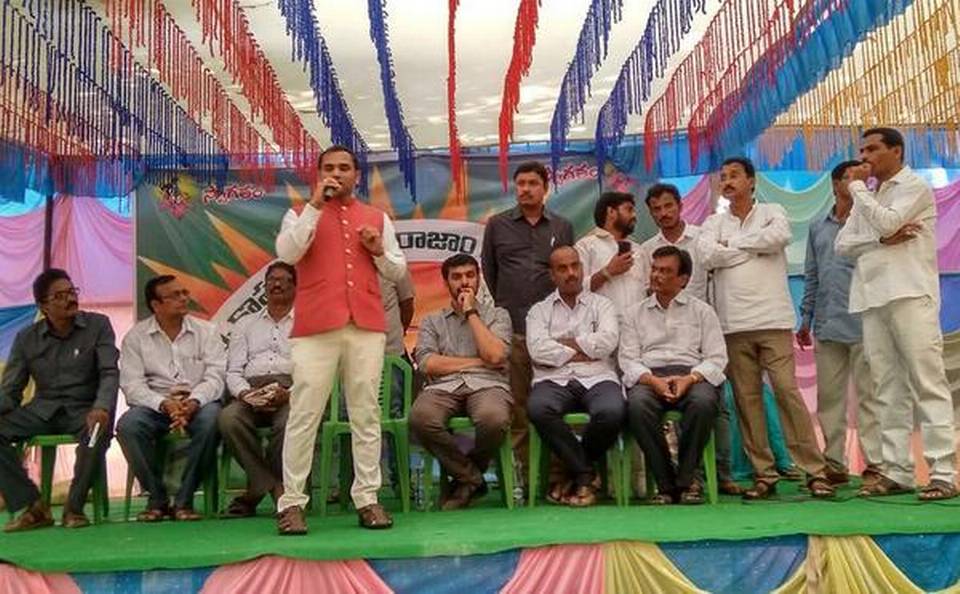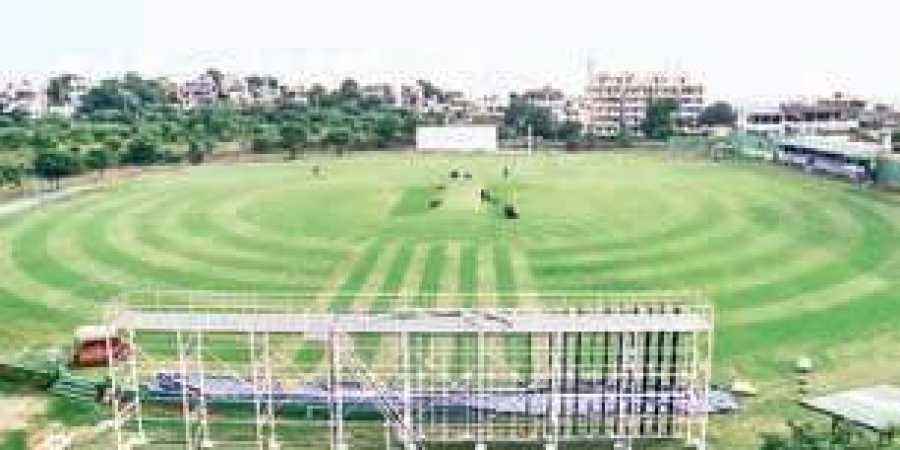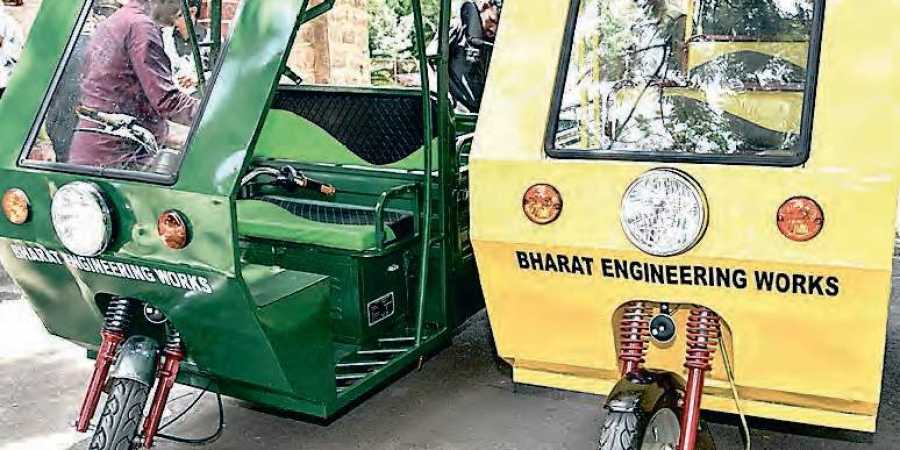As part of its initiative to make the city plastic-free, Chirala Municipality has managed to collect around 800 kg plastic as part of its novel plastic waste exchange initiative since October 2.
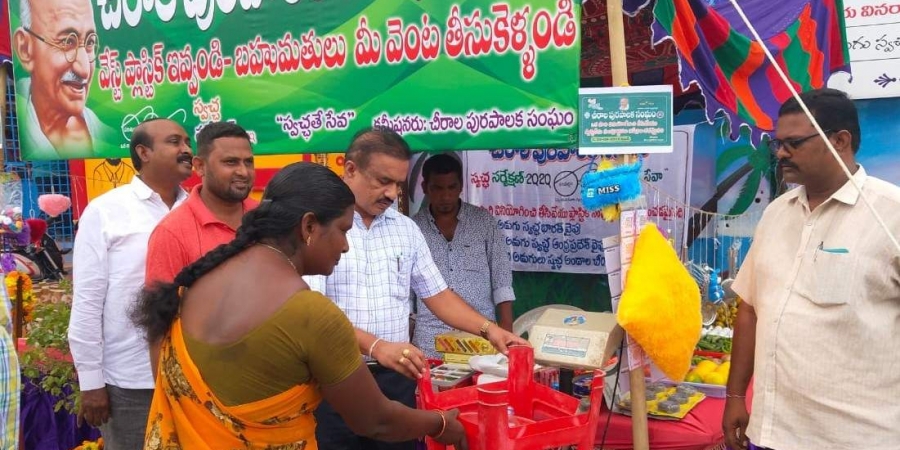
Ongole :
As part of its initiative to make the city plastic-free, Chirala Municipality has managed to collect around 800 kg plastic as part of its novel plastic waste exchange initiative since October 2.
In the ‘exchange shops’, plastic waste is collected from the citizens at Rs 10 per kg.
However, instead of cash people are given coupons which they can use to purchase goods.
The municipality has set up a shop where goods priced between Rs 5 to Rs 300 are available. People may exchange the trash with goods like incense sticks, eggs and biscuit packets.
The initiative turned out to be a huge hit, with around 200 kg of waste collected on the first day itself.
On September 5, Chirala Municipal Commissioner K Ramachandra Reddy announced a ban on single-use plastic bags within municipality limits.
Despite several raids on errant individuals and firms, the move proved to be unsuccessful as a large quantity of waste could still be found dumped in drains leading to stagnation.
It was at such a juncture, that the present initiative was conceptualised and was started from October 2. During the Deepavali season this year, the municipal authorities coined a slogan ‘Give us Plastic waste- Go home with a Gift’ and allowed people to exchange plastic waste with crockeries.
source: http://www.newindianexpress.com / The New Indian Express / Home> Good News / by Express News Service / November 28th, 2019
